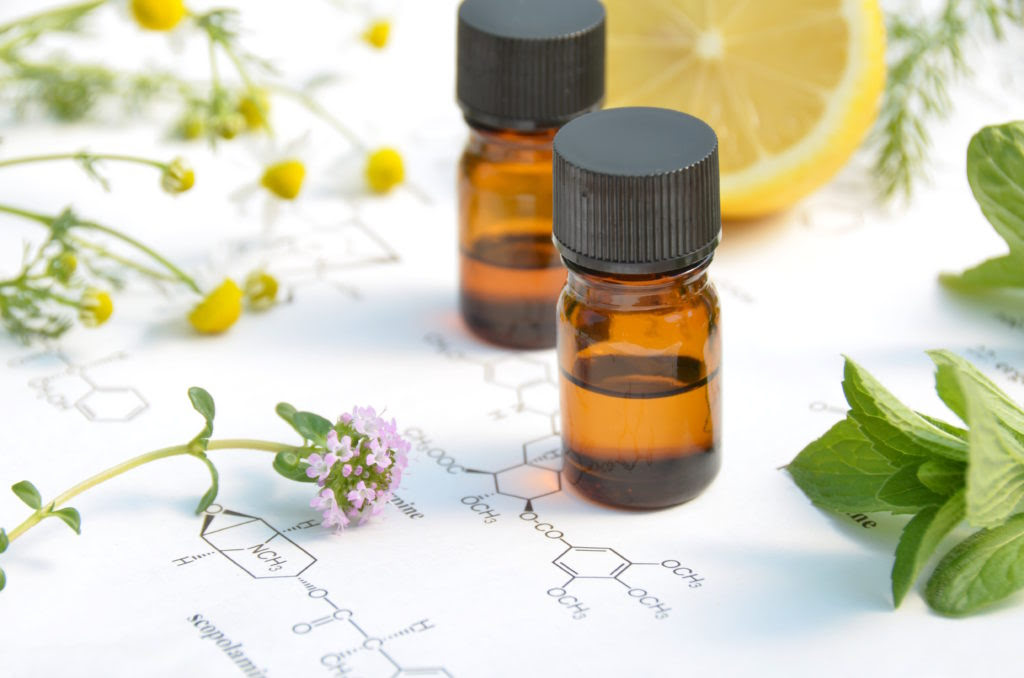There is a lot of structural resemblance among spiritual oils

Severe weather conditions need the capacity to respond swiftly and effectively to rapidly changing scenarios. Many people have difficulty adapting to new situations, which may lead to fatigue, frantic thinking, poor moods, restlessness, and even loneliness in certain individuals. Adjusting to a new situation may be difficult.
In order to begin the process of emotional recovery, you must have an optimistic view on life and solid coping skills at your disposal. Despite its inherent complexity, the accomplishment of this demanding activity is necessary. Worry, anxiety, fatigue, sadness, and despair are common unpleasant feelings that people experience when faced with a crisis. If you’re going through emotional turmoil, you could benefit by rubbing spiritual oils on the affected areas of your body. When used in conjunction with other methods of self-care and therapy, such as letter writing or physical touch with a significant someone in your life, spiritual oils may help reduce anxiety and tension.
A person’s temperament is affected by the usage of spiritual oils.
In the long history of spiritual oils, there is a chance that their use might benefit one’s mental and emotional health. The molecules of spiritual oils have been shown to impact the chemistry of both the body and the brain when inhaled or applied topically. If the oils are utilized for religious or spiritual reasons, this is true. Either way, the skin or the nose’s olfactory receptors are activated.
How much of a role does it play in the brain’s limbic system?
Stress and motivation may be better managed when the limbic system, a network of interconnected brain areas, is stimulated by the perfume of a spiritual oil. The limbic system is shaped by our prior experiences. When breathed by the user, spiritual oils have the ability to activate the limbic system. As a result, the brain’s chemical composition may alter. Serotonin, a brain neurotransmitter, has been demonstrated to increase mood and ease anxiety symptoms. The effectiveness of spiritual oils may be altered by a variety of factors, including the individual’s genetic makeup and spiritual practices.
An Action Plan That Can Be Implemented
To ensure the maximum degree of customer satisfaction, aromatherapists typically use inhalation and diffusion to help their clients feel better. Because of the calmer environment that is created by this kind of labor, patients experience less worry, tension and exhaustion as a result. Just inhaling the spiritual oil directly from the container may be an easy and fast way to accomplish this goal. Aromatherapy diffusers, whether electric or portable, are often used to test the therapeutic effects of the treatment. Adding spiritual oils to your bath water may help alleviate emotions of anxiety while also promoting sentiments of self-acceptance, tranquilly, and relaxation. To make sure it’s safe and effective, combine ten drops of spiritual oil with twenty drops of polysorbate 20 before adding it to the bath water.
The use of topical therapies such as massage mixtures and roll-ons to alleviate headaches, and mental or physical strain, improve emotions, lessen restlessness, and calm agitation is advocated by aromatherapy practitioners. Agitation may be reduced using these methods as well.







